Asia Pacific‘s leading platform for sustainable development
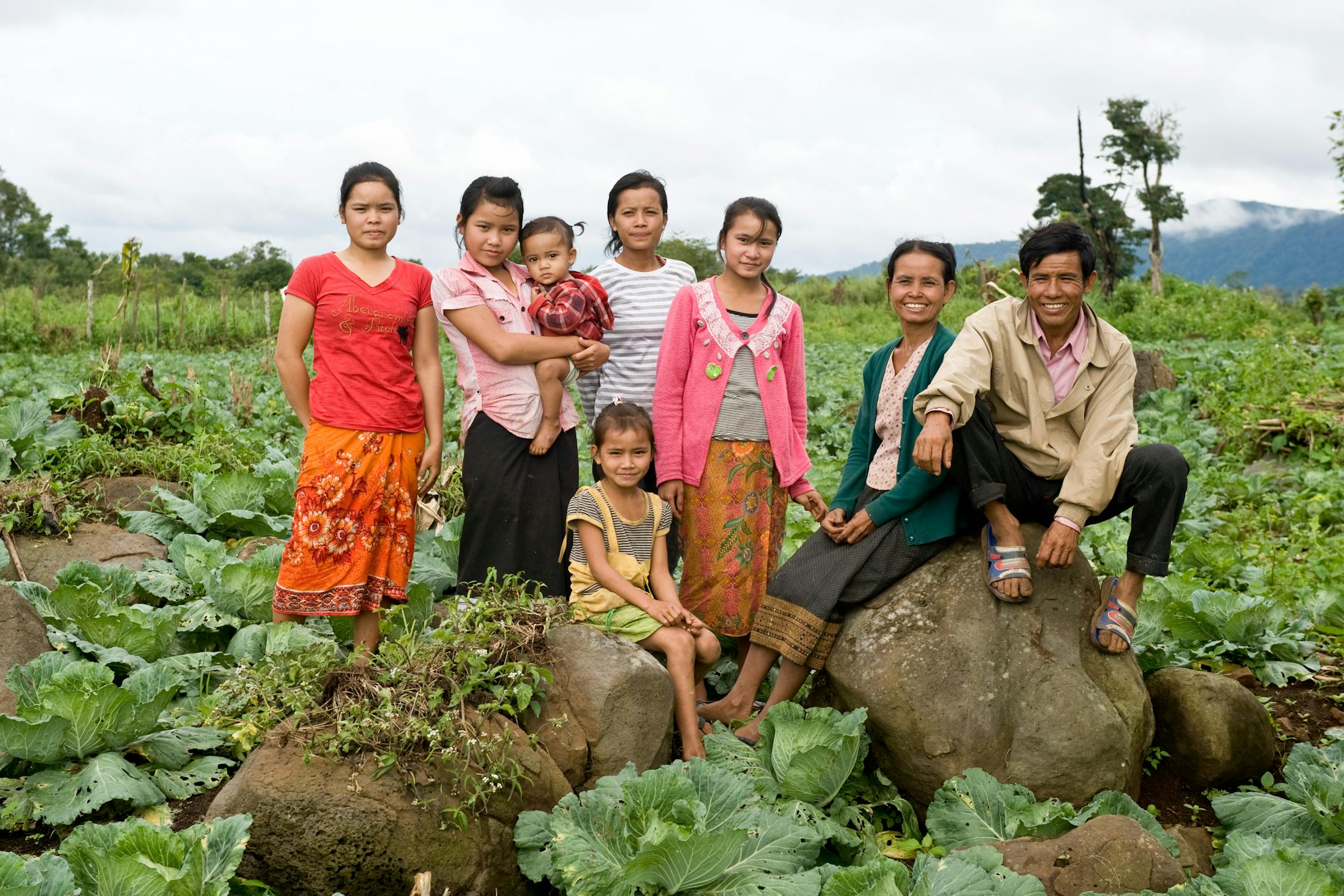

1. No poverty
While extreme poverty has eased considerably since 1990, pockets of the worst forms of poverty persist. Ending poverty requires universal social protection systems aimed at safeguarding all individuals throughout the life cycle. It also requires targeted measures to reduce vulnerability to disasters and to address specific underserved geographic areas within each country.
Read our stories to learn more about SDG Goal 1: No poverty
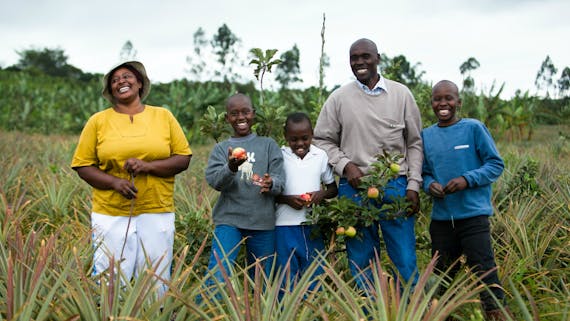
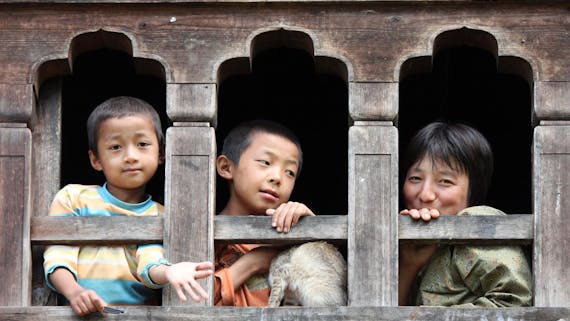
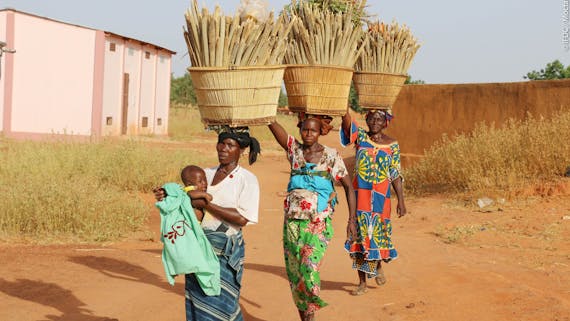
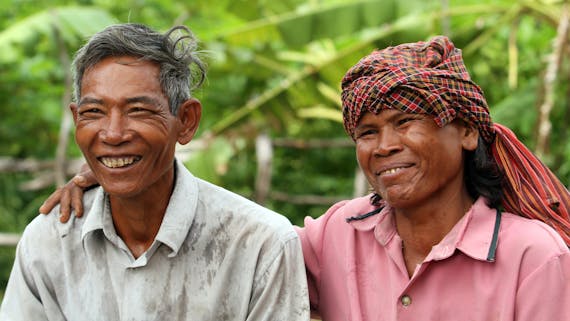
To adopt SDG 1 No poverty, in support of the 17 Sustainable Development Goals, please contact us at partners@eco-business.com
Adopt this goalNews

Gen Z protesters are shaking governments worldwide but experts wonder if rage can lead to lasting reform.

Policy & Finance
Climate change in court: cases to watch in 2026
Lawsuits are reshaping climate justice following landmark 2025 rulings, with cases rising in the Global South.

Policy & Finance
After a year of big cuts, where does US aid stand going into 2026?
US foreign aid more than halved in 2025, leaving millions at risk of losing their lives to malaria, malnutrition and HIV.

Food & Agriculture
Indigenous voices shape fight for climate, food sovereignty from COP30 to Sri Lanka
Indigenous protests at the recently concluded COP30 echo global climate-justice demands, calling for territorial rights, forest protection and an end to extractive industries – themes strongly reflected in the discussions at the Nyéléni Global Forum on Food Sovereignty held this August in Sri Lanka.
Food & Agriculture
Climate disasters deepen food insecurity in the Punjab
Food & Agriculture
Brazil's Indigenous battle with a dry Amazon rainforest
Opinion

Policy & Finance
India’s climate diplomacy must account for domestic inequalities
Economic liberalisation in India has shifted the emissions burden from more equal and developed states to less equal ones. This needs to change.

Carbon & Climate
COP30 must do good, not just avoid harm
As the host of this year's UN Climate Change Conference, Brazil seeks to make COP30 the “COP of implementation.” Translating commitments into robust action should include providing indigenous peoples with direct access to predictable and sustainable finance, and treating them as equal partners, rather than as beneficiaries.

Carbon & Climate
How climate became China’s strategy for survival and security
China’s climate pivot has been shaped by its survival strategy, and this is now quickly redefining its resilience in the 21st century. Whether that power endures will depend on Asean – arguably China’s closest testbed for clean energy development. The recent Asean Summit and Apec meetings suggest China’s successes in climate and development will see a far larger reach beyond its shores.

Policy & Finance
While the West retreats, Asia powers ahead on sustainable finance
Even as political denial and regulatory paralysis grip parts of the West, a different message has been resounding across Asia – it is not retreating, but rising to the occasion.
Policy & Finance
The scramble for critical minerals
Policy & Finance
India’s digital divide and the consequent welfare bias
Videos

Corporate Responsibility
Meet the families working in Indonesia’s palm oil industry
EB Studio
What has been the effect of this agribusiness company's dual-income policy on the households of its Indonesian workers?

Food & Agriculture
For Southeast Asia’s migrant fishers, modern slavery is still alive on the high seas
On International Human Rights Day, Greenpeace releases shocking testimonies from Southeast Asian migrants working on board foreign fishing vessels, plying the remote waters to meet Asia's surging demand for seafood.

The Philippine government has begun the process of relocating more than 200,000 families living along waterways to restore Manila Bay, the main body of water in the capital.
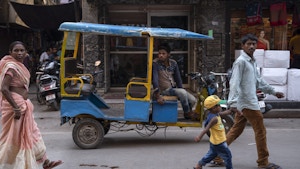
With a vision to end the drudgery of manual rickshaw pulling, social enterprise SMV Green is also helping restore clean air in one of India's most polluted cities through electric rickshaws.
Podcasts

EB Studio
Plastic waste is flooding the planet. Instead of waiting for regulation to drive change, give value to recyclables and mobilise the people, says Plastic Bank.

Carbon & Climate
Protecting 30 per cent of the ocean by 2030: Mission impossible?
EB Studio
Eco-Business talks to 'Aulani Wilhelm of Conservation International about why a plan to protect the ocean is critical, and why it might just work.

The World Economic Forum – best known for its Annual Meeting in Davos since 1971 – has been a dynamic platform bringing together the best in business, politics and society to shape global industry agendas. How is WEF helping to shape China’s economic goals alongside its environmental and societal priorities?

Food & Agriculture
Can plant-based diets save the planet?
Humanity and the planet are suffering from a serious case of food poisoning. Eco-Business spoke to Brent Loken, WWF's global lead food scientist, about how changes to our diet can help fix our broken food system, and restore our health and the planet's strained ecosystems.

















